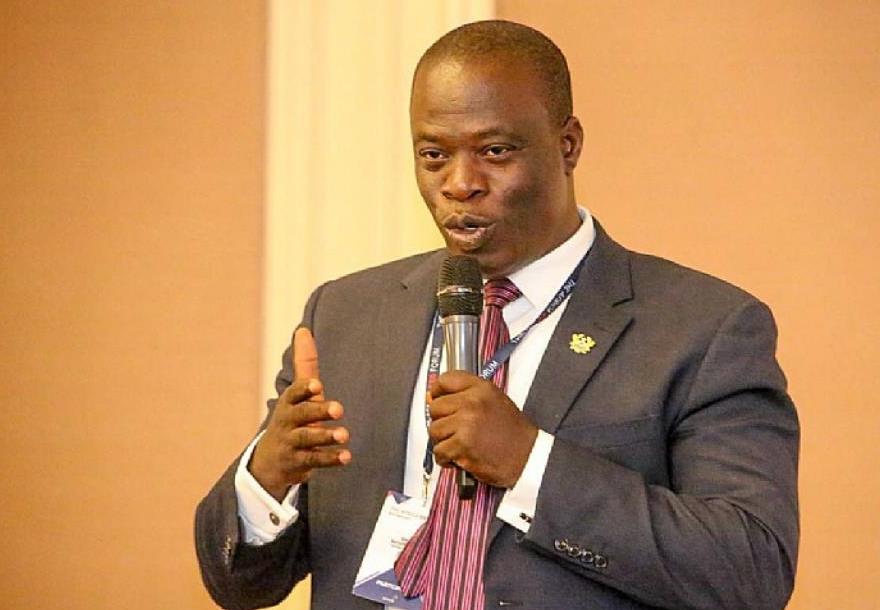A new World Bank report released on September 29, 2020 titled “Youth Employment Programs in Ghana: Options for Effective Policy Making and Implementation” has identified five key sectors that can offer increased employment opportunities for Ghanaian youth.
This comprise tourism and sports, agribusiness, entrepreneurship, apprenticeship, and construction.
The report pointed out that the unemployment challenge persists despite several interventions by the government and the private sector.
It also calls for more investments in career guidance and counseling, work-based learning, coaching, and mentoring to equip young people with the skills needed for work.
The report suggests that although these are not new areas, the government could maximize their impacts by scaling-up these priority areas in existing youth employment interventions and improve outreach to the youth.
The World Bank quoted Ghana’s Minister of Employment and Labour Relations, Ignatius Baffour Awuah, to have said that;
“This report is another milestone towards addressing the unemployment challenge. It presents specific options to guide the government in the short to medium-term to enhance effective coordination of youth employment programs.
Ignatius Baffour Awuah

According to the World Bank, Ghana is faced with 12% youth unemployment and more than 50% underemployment, both higher than overall unemployment rates in Sub-Saharan African countries.
The Bank however, warned that “despite major investments by both government and private sector, this challenge will intensify if job opportunities remain limited”.
To tackle youth unemployment, the report highlights the importance of having disaggregated data on youth jobseekers by location, gender, skills and capabilities to inform policy and funding decisions and respond with appropriate and tailored employment programs.
“Ghana’s youth employment challenge is vast and requires an all-round, deliberate, and consistent response. Considering the options outlined in this report, future youth employment policy planning should not only address youth unemployment but should also build the human capital needed to sustain Ghana’s economy”.
Pierre Frank Laporte, World Bank Country Director for Ghana, Liberia and Sierra Leone
The authors lay out key priorities to promote youth employment in Ghana:
Aligning formal education programs and skills development initiatives in the context of a fast-changing labour market that requires new and different skill sets, and to adapt to new technology.
Partner with the private sector -such as involving employers in the design of training curricula and introducing certifications for occupational standards in order to adapt to the future of work.
Integrate pre-employment support activities as part of the country’s current education system to better prepare young people for the transition to work.
Promote social inclusion initiatives to improve access to credit and management training for women entrepreneurs, as well as improve both infrastructure and equipment available for persons living with disabilities and ensure that no one is left behind.
In addition, the report emphasizes the need for greater collaboration among different stakeholders to reduce duplication and fragmentation of youth employment programming.
This report is accompanied by an inventory of public job programs in Ghana to inform policy makers and stakeholders on the existing landscape of youth employment programming.























